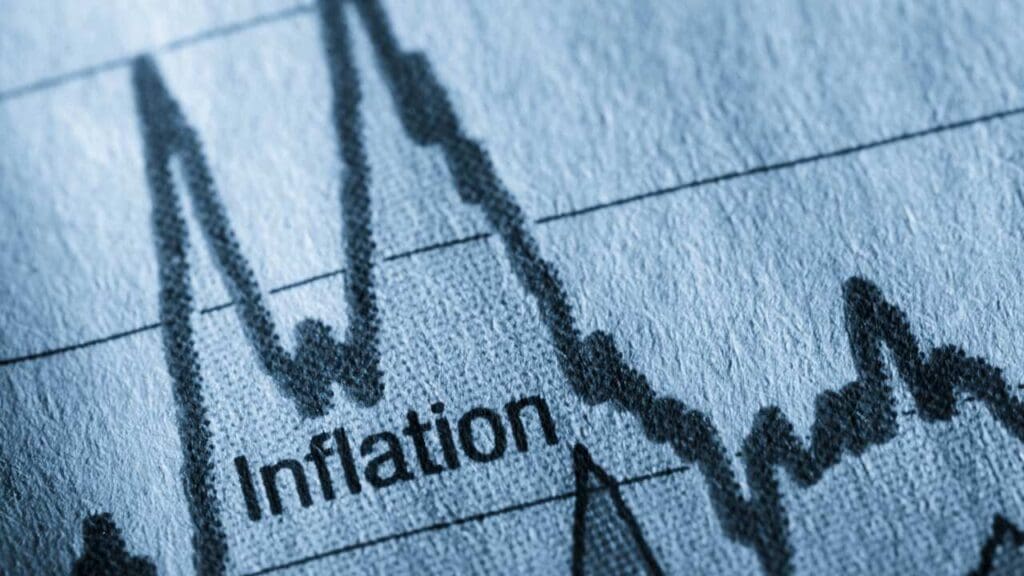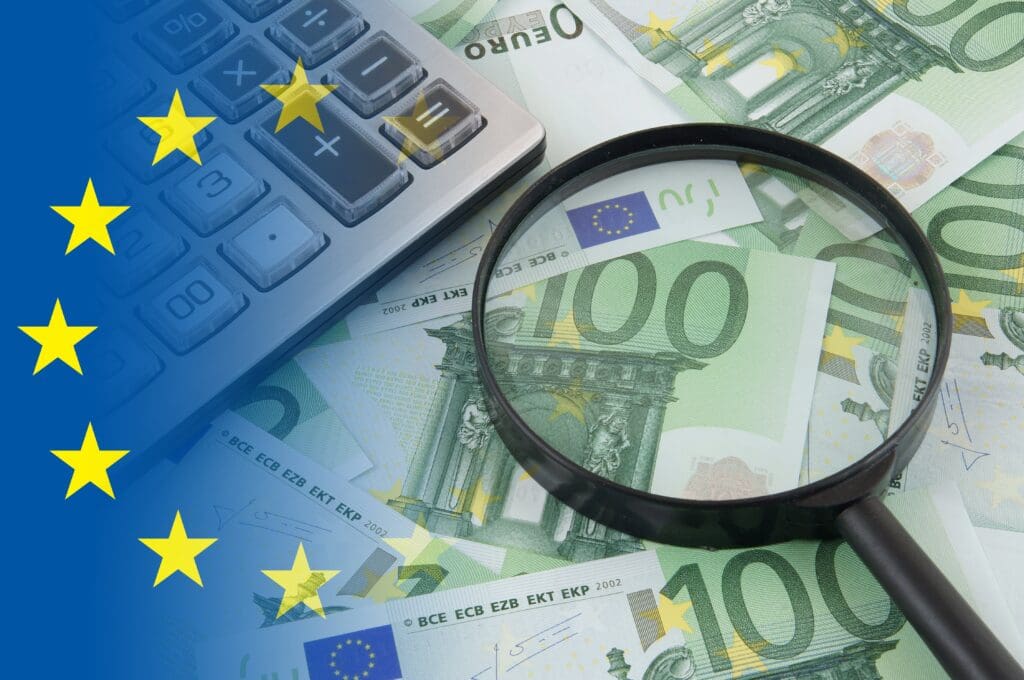Tapering, inflation in the United States and the European Union
Published by: 13.12.2021 14:06:11Tapering, inflation in the United States and the European Union
Tapering
As expected, the U.S. Federal Reserve increased the tapering rate from $15 billion to $30 billion. This means it will buy $60bn of bonds a month from January, half the original monthly QE volume. It could then end QE for good as early as March. This opens up room for faster rate hikes over the next year, when rates, according to the new FOMC forecast, could rise as much as three times. Moreover, the Fed does not consider inflation to be temporary and sees real risks that it could remain at elevated levels for an extended period of time.
But the clearly hawkish outcome of the meeting did not spook markets. Stocks even rose, while the dollar came under modest pressure on most pairs. The longer end of the yield curve also remained stable, with 10-year yields staying below 1.5%.
U.S. Inflation
The inflation rate in the United States climbed to 6.8 percent in November, the highest in nearly 40 years. The U.S. Labor Department said this in its report. Prices rose for most items, with fuel, housing, food and cars becoming the most expensive. The result exceeded analysts' expectations, which means, among other things, that the US Federal Reserve (Fed) could start to consider ending its support measures more quickly.
The inflation rate is now the highest in the US since June 1982. The consumer price index, which measures the cost of a wide range of items in the consumer basket, rose 0.8 percent in November from October on a seasonally adjusted basis. October's increase was 0.9 percent.So-called core inflation, which excludes volatile food and energy prices, was 4.9 percent in November. Compared with October, the consumer price index, defined in this way, increased by 0.5 per cent, against a rise of 0.6 per cent in the previous month.

Analysts in a Dow Jones poll on average expected the headline inflation rate for November to climb to 6.7 percent. For core inflation, they expected a rise to 4.9 percent.
U.S. jobless claims dropped significantly from last spring and are now hovering around their lowest levels since 1969. Analysts also expect the United States to end this year with strong economic growth. High inflation thus remains the biggest problem threatening the economy's full recovery from the crisis triggered by last spring's covid-19 pandemic
.
Inflation in the Eurozone
The annual inflation rate in the eurozone climbed to 4.9 percent in November, reaching its highest level since the introduction of the euro, the common European currency, 20 years ago. This was up from 4.1 percent in October, mainly due to continued energy prices. This was announced today by the statistical office Eurostat in its flash estimate . The estimate does not include data for the entire European Union, which will be published in mid-December.
Compared to October, prices increased by 0.5 percent. The rise in inflation, which economists say is linked to an economic recovery accompanied by rising energy prices and shortages of some raw materials, has been continuing since the end of the summer. In November, energy was the main contributor to the inflation rate, which rose by 27.4 per cent year-on-year (23.4 per cent in October). However, prices of services (2.7 per cent), non-energy industrial goods (2.4 per cent) and food, alcohol and tobacco products (2.2 per cent) also accelerated.
November inflation significantly beat analysts' estimates in a Reuters poll, who had expected it to rise to 4.5 percent. It also exceeded the European Central Bank's (ECB) long-term target of two percent by almost three percentage points.

The ECB, unlike some analysts, continues to expect inflation to return to target over the next year. ECB President Christine Lagarde said recently that the bank therefore does not plan to respond to the current fluctuation by tightening monetary policy. This, she said, would reduce household incomes and could result in a significant slowdown in economic growth.
Source: xtb.com, bloomberg.com, reuters.com
Documents to download
K&L Rock also declares that it is not liable for any direct or indirect damage resulting from trading on the capital markets in general, and posts in discussions expressing the views of readers may not be in line with the operator's position and therefore cannot be regarded as its views.



